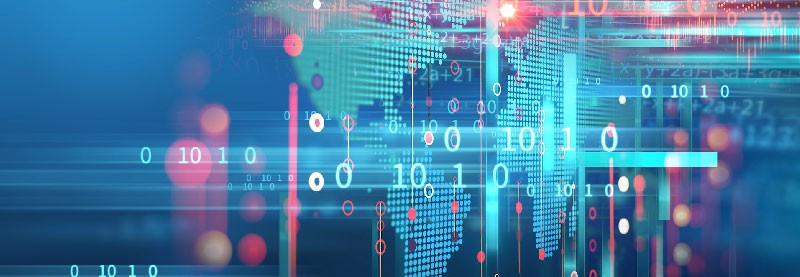Intellectual Property Insights from Fishman Stewart
Mini Article – Volume 23, Issue 4
Share on Social

AI Stands for … Art Infringers?
By Alexander JSW Johnson
Artificial Intelligence tools have been all the rage in recent months. From ChatGPT to Midjourney, these tools take different forms but the premise is the same: a user enters a prompt in text form, and the AI tool creates a response in text-form or image. They do so by learning from existing writings and images and then composing a piece based on all those reference points. They can even write or render in the particular style of a person, genre, period, or other style-defining category.
Last month, a trio of artists filed a class action suit against three AI tool-makers: Stability AI Ltd. (and Stability AI), Inc., Midjourney, Inc., and DeviantArt, Inc. The thrust: these tools create works (text or images) taking the style of or sourcing from copyrighted works without permission.
I’m not here to weigh in on this suit (particularly the class certification angle), but, I do find it interesting and noteworthy that in my undergrad art studies, instructors often encouraged studying the classics and practicing replication of specific pieces down to every detail imaginable as a means of developing skill—but the works I trained on were always public domain pieces. The pieces that these AI tools have drawn on for training their skills and creating their pieces are, at least in some instances, not public domain.
This case draws out some interesting issues for AI-generated artwork. First, do these AI art bots “copy” works such that it is copyright infringement, or is it fair use as inspirational source material? Second, regardless of infringement and fair use, are the works of these AI tools copyrightable works themselves?
Last month I asked for your take on who owns the copyright in user-prompted, AI-generated text. After considering the issue for a different medium—visual works—I’m curious what your view is now.
Who owns the copyright in works generated by AI tools?
Published February 23, 2023


Related Content from Fishman Stewart
People have long pondered whether or not the Giza pyramids were indeed solely burial chambers, which was the only known, and archaeologically determined, use—until now.
By 1930, efforts began in New York to replace Mother's Day with Parent's Day because men were more than just breadwinners. Those efforts didn't catch on, probably because in that era, women often spent more time in the home.
In February, Nike and Skims announced that they will be working together on a new brand, NikeSkims. The co-brand will create a new line of training apparel, footwear, and accessories specifically designed to meet the unique needs of women athletes.
Generally, federal courts have exclusive jurisdiction over copyright cases, and often, this presents an insurmountable paywall for individual artists and small businesses to vindicate their rights, especially where the value of the individual copyrighted works are relatively low.
Dedicated to raising public awareness about the importance of encouraging innovation and creativity throughout the world, the World Intellectual Property Organization (WIPO) annually observes World Intellectual Property Day on April 26 to showcase the role that patents, trademarks, industrial designs, copyrights and trade secrets play in our everyday lives.
Hold onto your foam fingers, sports fans – college sports just got a whole lot more interesting! The latest updates to Name, Image, and Likeness (NIL) rules are making student-athletes bigger than ever, and it’s not just about the game anymore.
Did a federal court in Louisiana recently decide that US copyrights are global rights? It seems so.
One of his most famous songs, “Lose Yourself” was recently at the center of a lawsuit. In 2019, Eminem’s publishing company Eight Mile Style sued Spotify claiming that Spotify streamed a number of its musical compositions without proper licenses.
One of the most common challenges is whether AI should be free to train on data that is protected by copyright and owned by third parties without first obtaining permission.
The U.S. Copyright Office (USCO) recently published its latest report on AI and “copyrightability.” In short, the USCO considers only some AI-generated works to be sufficiently creative as to deserve copyright protection, and thus, registration.
IDENTIFYING, SECURING AND ADVANCING CREATIVITY®













